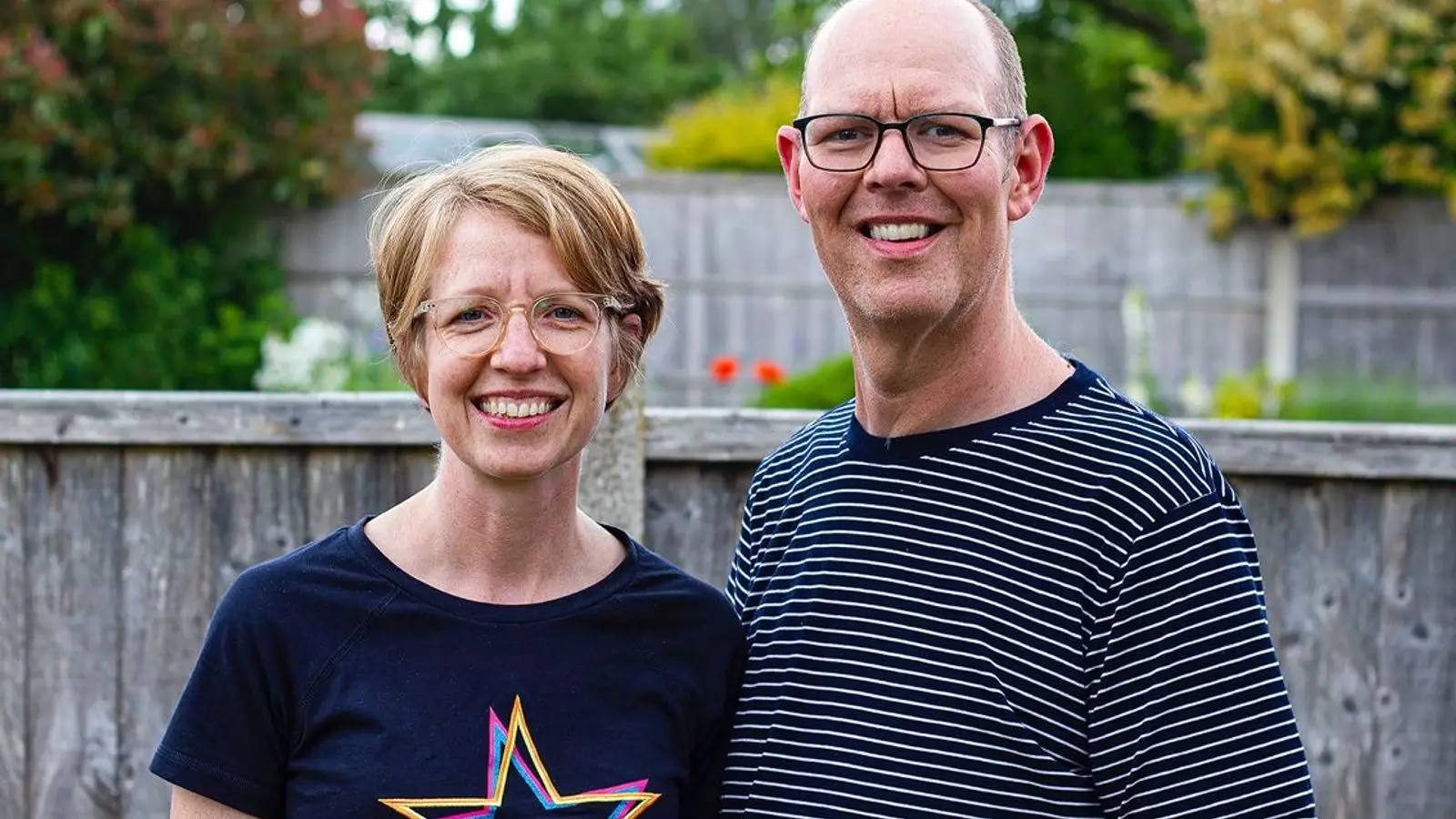In the chaos that unfolded in Sheffield, a man’s desperate attempt to intervene turned into a tragedy that shook the very foundations of justice. Hassan Jhangur’s reckless actions—culminating in his lethal driving and stabbing—highlight a troubling reality: our societal mechanisms often fall short when confronting violence fueled by familial and cultural tensions. The legal system’s verdict, convicting Jhangur of murder, underscores its recognition of intent; yet, it also exposes its limitations in addressing the complex web of factors that led to this horrific event. Justice must do more than sift through evidence—it must grapple with the underlying issues of provocation, cultural conflict, and community fractures that precipitate such violence.
Beyond the Courtroom: Cultural Clashes and Marginalization
What the courtroom often misses is the deeper narrative behind these violent outbursts. For Hassan Jhangur, this incident was not merely an act of criminal disregard but a symptom of rising tensions within a fractured community. His response, driven by familial honor and perceived threats, suggests a societal failure to foster integration and understanding. Instead of avenues for dialogue, eruptions of violence like this reveal a community grappling with alienation, where conflicts escalate swiftly and destructively. The criminal justice system, while necessary, risks sidestepping these nuanced realities, defaulting to punishment rather than addressing root causes.
A Society That Tears Its Fabric
The events stemmed from a wedding dispute, rooted in conflicts over family honor and social hierarchies. Such disputes, often dismissed as trivial or culturally specific, are indicative of broader societal fractures—an inability to resolve interpersonal conflicts peacefully. When community bonds fracture, and law enforcement and social services are unable or unwilling to intervene early, tragedies become almost inevitable. The stabbing of Hasan Khan, the reckless driving into the crowd, and the resulting loss of innocent life illustrate a society under strain, where aggression and impulsivity are allowed to escalate unchecked.
Justice or Retribution? Re-evaluating Moral Accountability
The conviction of Jhangur raises a critical question: does justice serve the victims or merely punish the perpetrator? The court rightly identified his intent to cause serious harm, leading to the murder conviction, yet this case also forces us to confront the moral implications of accountability. Jhangur’s declaration—“That’s why you don’t mess with the Jhangurs”—reflects a dangerous mentality wherein honor and family pride justify lethal actions. Society must challenge such perspectives, encouraging dialogue over violence, especially in multicultural communities where misunderstandings can quickly spiral into tragedy. Justice should balance accountability with opportunities for rehabilitation and societal healing.
A Call for Preventative Measures and Community Solidarity
This incident should serve as a wake-up call. Instead of reacting solely through criminal punishment, communities need comprehensive strategies to prevent such violence. This includes investing in youth outreach programs, fostering intercultural dialogue, and strengthening social cohesion. Marginalized groups must be empowered with peaceful conflict resolution skills, and community leaders must act as mediators, not inflaming tensions. The tragic loss of Mr. Marriott’s life underscores what is at stake—the safety and unity of our communities depend on proactive, compassionate interventions rather than reactive justice alone.
Challenging Stereotypes and Cultural Misunderstandings
This case also shines a harsh light on how cultural misunderstandings fuel violence, especially when societal narratives portray certain communities as inherently violent or untrustworthy. Such stereotypes are dangerous, deepening divides and fostering mistrust. What we need instead is an honest dialogue—acknowledging cultural differences without allowing them to become justifications for violence. Building bridges, rather than walls, between communities is essential to prevent future tragedies like this. Society must reject narratives that dehumanize and scapegoat, instead promoting empathy, education, and integration.
Reassessing the Role of Justice in a Divided Society
Finally, the judicial outcome, while justified within the legal framework, leaves many questions unanswered about our collective responsibility. Justice must do more than assign blame; it must inspire societal reflection and change. It’s not enough to convict the individual; we must also interrogate how communities, institutions, and policies contribute to such crises. The tragedy of Hassan Jhangur’s actions reveals a society struggling to maintain its moral compass amid cultural clashes and social fragmentation. True justice lies in healing these wounds and building resilient communities rooted in mutual respect and understanding.



Leave a Reply